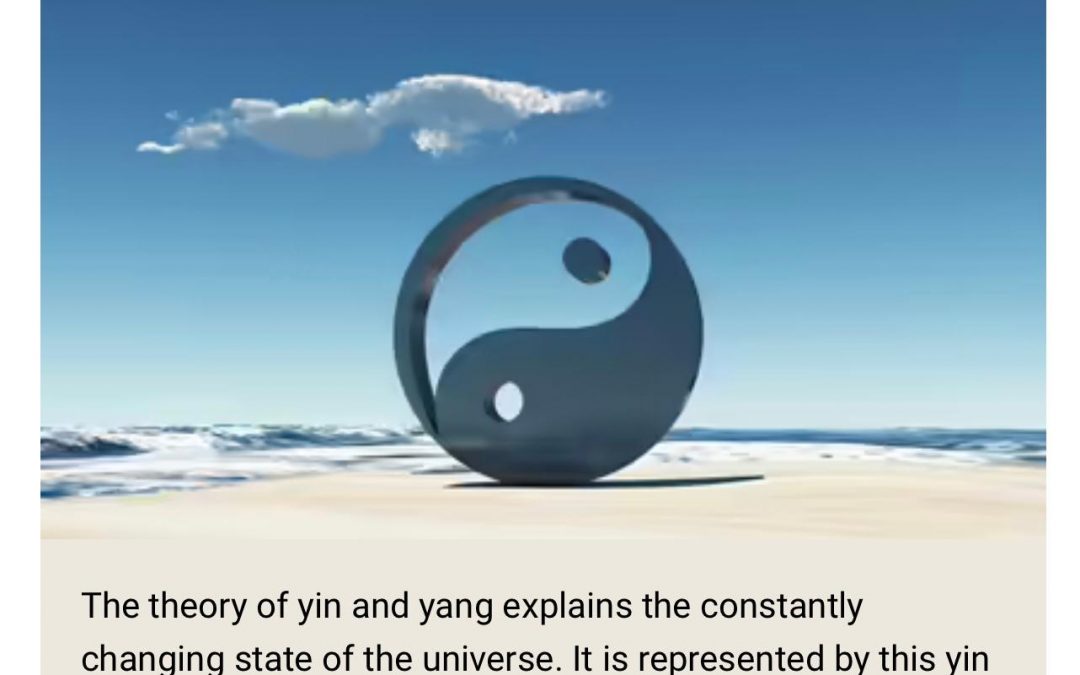Chinese philosophical principles offer unique insights and approaches that can be effectively incorporated into life coaching to enhance personal and professional development. Here is an understanding and deeper exploration of how these principles may be applied:
- Dao (The Way) – it is considered ineffable- beyond verbal expression and conceptual understanding. Dao operates spontaneously and naturally. It is self-sustaining and does not require any external force or intervention to maintain its course.
■ Role in Coaching: Dao emphasizes living in harmony with the natural order of the Universe. Coaches can use this principle to help clients align their actions and decisions with their intrinsic values and the natural flow of their lives.
■ Incorporation: This can be achieved by guiding clients through exercises that help identify their core values and natural tendencies, and by developing strategies that leverage these strengths in pursuing their goals.
Wu Wei (Effortless Action) – often misunderstood as advocating passivity or laziness, its true meaning is far more nuanced.
■ Role in Coaching: Wu Wei advocates for achieving goals through minimal effort, aligning actions with the ebb and flow of circumstances. This principle teaches the importance of not forcing outcomes but rather allowing them to unfold naturally.
■ Incorporation: Coaches can encourage clients to focus on being present and aware of opportunities as they arise, and to act intuitively rather than forcefully. This approach can reduce stress and increase effectiveness in handling life’s challenges. The idea of achieving a “flow state” in psychology, where tasks are performed seamlessly and with a high degree of focus and satisfaction, is comparable to Wu Wei.
- Yin and Yang (Balance and Duality) – literally translate to the shady and sunny sides of a hill, respectively.
■ Role in Coaching: This principle highlights the importance of balance between various aspects of life, such as work and leisure, action and rest.
■Incorporation: Coaches can help clients assess their lives for imbalances and develop plans to address these areas, ensuring that they maintain a healthy equilibrium that supports overall well-being. In modern terms, balancing assertiveness (Yang) with empathy (Yin) can lead to healthier interpersonal relationships.
- Ren (Humaneness or Compassion) – It is considered a virtue that forms the foundation of a moral life according to Confucian ideals.
■ Role in Coaching: Ren involves developing an empathetic approach towards oneself and others. It fosters relationships built on kindness and understanding.
■Incorporation: Coaches can model compassionate communication and teach clients how to practice empathy in their interactions, which can lead to more fulfilling relationships and a supportive social environment.
Ren remains a profoundly influential concept impacting personal behaviour, educational goals, and business practices. It offers a framework for addressing contemporary issues such as social inequality, corporate responsibility, and global conflicts through compassion and ethical engagement.
- Li (Proper Conduct) – It has applications in personal and family life, governance and public life, as well as in education and business.
■Role in Coaching: Li concerns the importance of observing proper social rituals and behaviours. It promotes societal harmony and personal honour.
■Incorporation: Coaches can assist clients in understanding and navigating the norms and expectations of their cultural or professional environments, helping them to act with propriety and respect in various social contexts.
- Ziran (Spontaneity) – At a personal level, Ziran advocates for true self-expression that is not shaped by external pressures or societal expectations. It also implies a lack of artificiality or contrivance in actions.
- Role in Coaching: Embracing spontaneity allows individuals to respond to life authentically without preconceived restrictions, which can lead to a more creative and adaptable approach to problems.
- Incorporation: Coaches can encourage clients to trust their instincts and to be open to new experiences. This can be facilitated through exercises that promote creative thinking and adaptability.
- Xin (Trustworthiness) – A person who possess Xin follows through on their commitments and promise, ensuring that their actions always match their words.
- Role in Coaching: Xin emphasizes the value of reliability and trust in personal and professional relationships.
- Incorporation: Coaches can work with clients on building trustworthiness through consistent actions and integrity, which is crucial for long-term success and meaningful relationships.
By weaving these principles into the fabric of coaching sessions, coaches can provide clients with tools that not only aim for success in conventional terms but also promote a balanced, ethical, and harmonious way of living. This holistic approach supports clients in navigating complex life challenges while staying true to their principles and fostering a deeper connection to the world around them.
ABOUT THE AUTHOR

Dr. Pritesh Lohar is a Board Certified Medical Oncologist and a Fellow of the American College of Physicians. Life circumstances steered him on a course of personal transformation, starting in 2022. Since then, he has been certified as a Life Coach by MindValley, and completed a course on AI mastery with them. He has co-authored “Success Redefined” with Jack Canfield, and is on the cusp of completing his training towards ICF PCC. He is an ICF Global Member. His main interest centres around Mindset and Transformational coaching. He has completed the Foundational and Relational skills EI course of Daniel Goleman.

